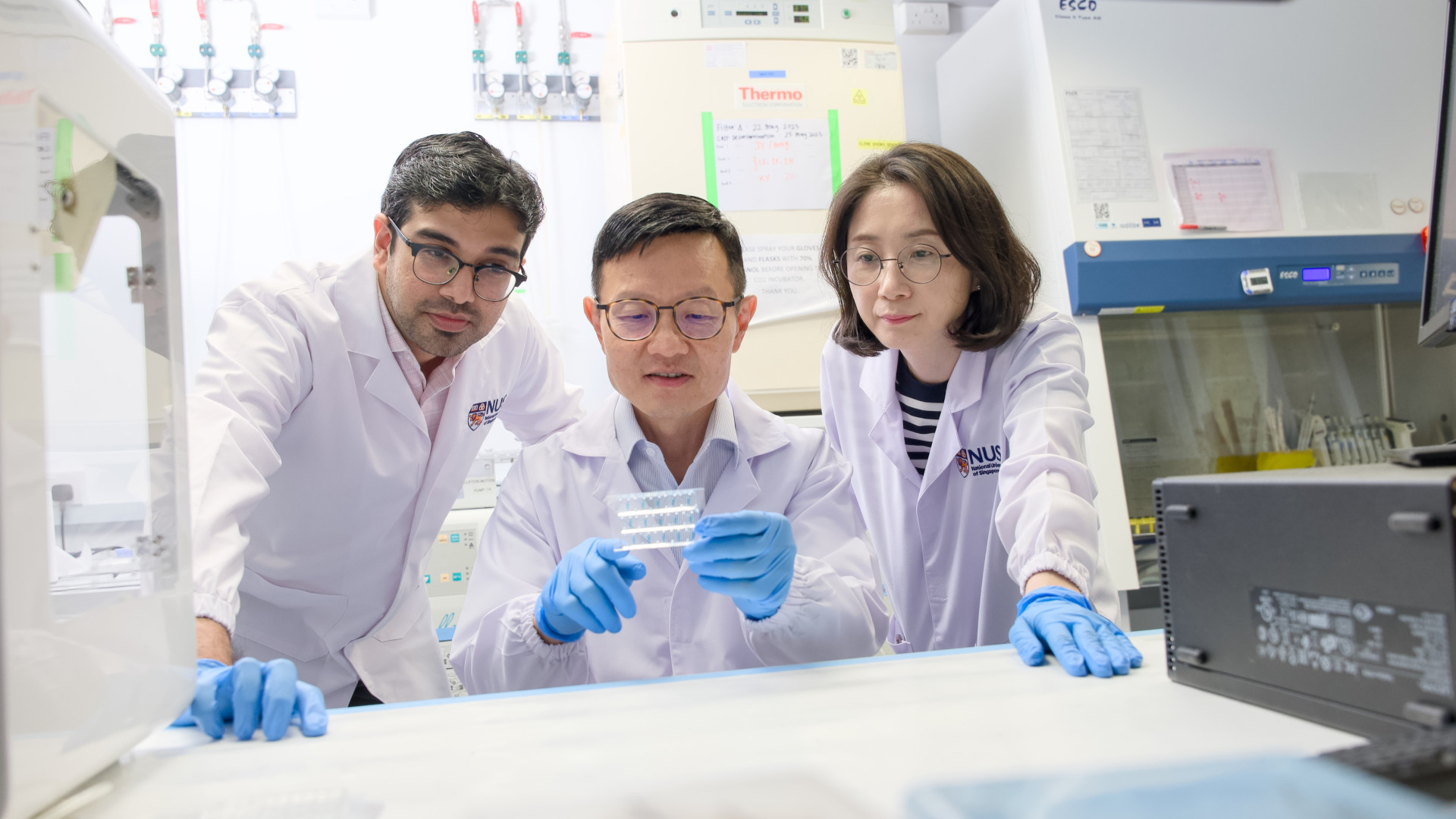
In a breakthrough for the advanced study of gut health, scientists at the National University of Singapore (NUS) have developed a 3D microscopic version of the human intestines condensed into a small chip about half the size of a five-cent coin.
This new cell culturing platform, known as the Gut-Microbiome on a chip (GMoC), provides a realistic in vitro microgut model that allows researchers to examine the interactions of gut microbes and their collective impact on gut health. The chip offers a scalable, reproducible, and efficient method to dissect the roles of gut microbes and their community, which is of key interest for the preventive healthcare and pharmaceuticals industry.
The research team is focused on further developing the device, aiming to enhance its complexity to better replicate the human intestines. This includes incorporating complex mechanical cues, enhancing cellular complexity, and creating oxygen gradients within the GMoC system.
On the biological front, the team also aims to use the device to further investigate the assembly, interactions, and behaviour of diverse microbial communities under various stimuli including nutrients and antibiotics. This will contribute to our overall understanding of how these interactions impact gut health. In terms of commercialisation, the team is looking to bring the device to market by reducing the manufacturing costs and standardising the production process.




